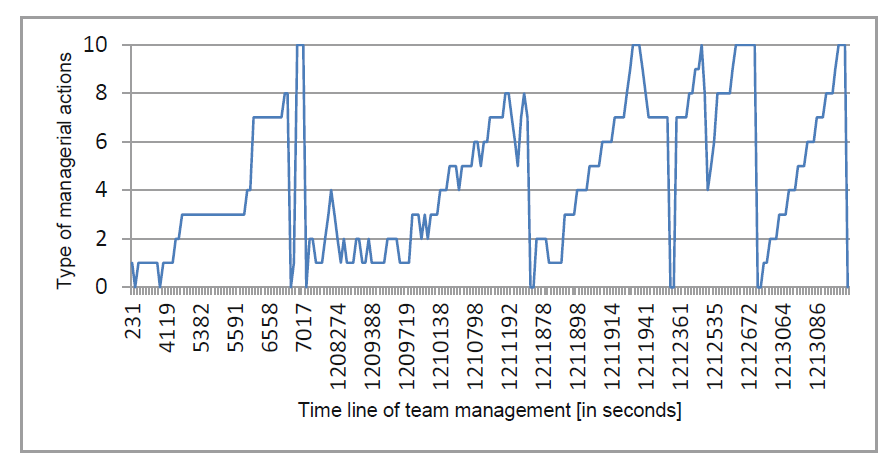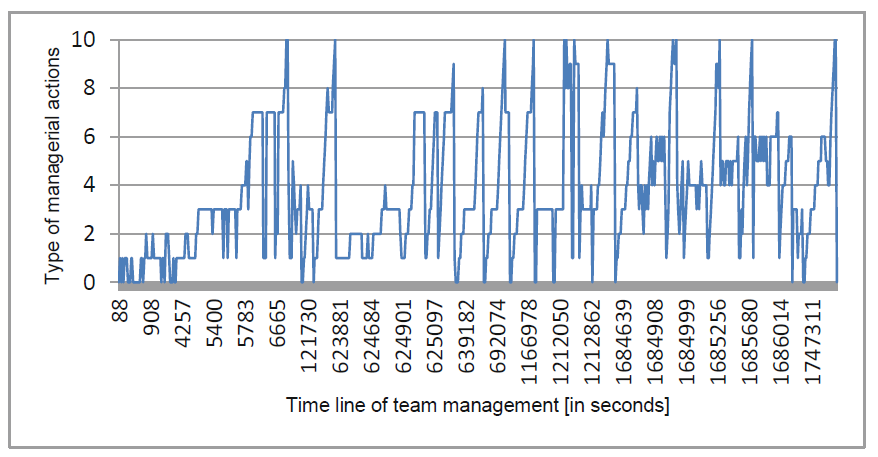In the previous post, I outlined how I conduct research using online managerial tools. Let me remind you that the world of a manager is built quite simply with three elements: the organizing problem, the managerial technique used to solve that problem, and the tool needed to apply that technique. Managerial tools are measuring instruments – by recording how they are used, we can say something about how the manager behaved.
In researching the impact of these tools on a manager’s actions, I posited 2 hypotheses:
H1: The use of online managerial tools causes a manager to take significantly fewer managerial actions than if he or she did so without computer interaction.
H2: The use of online managerial tools changes the order of managerial activities in team management.
I will explain the significance of these hypotheses.
The first hypothesis is that if a person is not given the tools to act, he will most often not take certain actions or disregard them. Let’s imagine that we need to do a small renovation in our apartment. If we don’t have tools such as a drill or a hammer, we will probably limit ourselves to a minimum of work amounting to cleaning the apartment. If, on the other hand, we see whole suitcases of renovation tools – various drills, screwdrivers, tools for applying plaster, putty, etc. – then a much wider range of renovation work performed.
The same is true for the work of a manager. A manager without tools (IT tools or even a piece of paper) will do much less managerial work than if he has a variety of them to choose from. This assumption based on intuition I wanted to test with data.
The second hypothesis is that if a manager uses different managerial tools to manage a team, he also changes the order of actions he would take without these tools. The tools (not just managerial tools) make it necessary to use others, and these tools make it necessary to use the next ones, and so on.
The purpose of verifying these hypotheses was to see if it makes sense to take the approach that it is enough to build a measurement tool into a managerial tool, so that this managerial tool measures what the manager is doing, and then we will get knowledge, what the manager is actually doing.
In my research, for example, I obtained histograms of the behavior of different managers on the same project. On the Y-axis are numbers from 1 to 10 denoting different managerial activities, from setting goals to studying team motivation.

Figure 1. Histogram of the manager’s work 1

Figure 2. Histogram of the manager’s work 2
Download the full article on this topic:
Flak, O., Estimated Influence of Online Management Tools on Team Management

